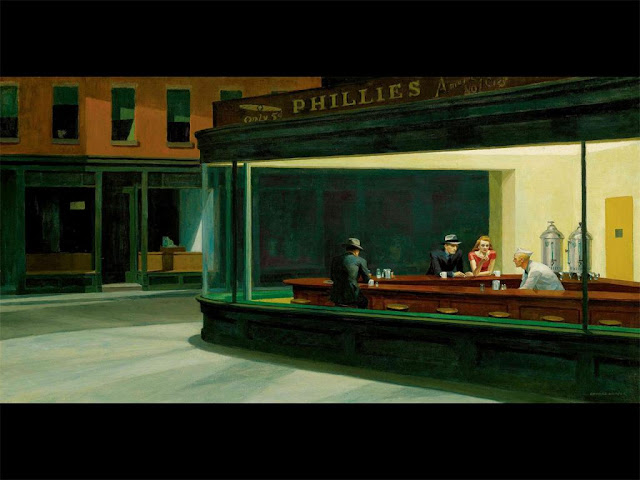One moment finds me on the bridge.
I've stepped into it like an enormous globe filled with wind, not snow, between the earth and the sky at dusk. Feet and hands fastened to the sidewalk and railing, I remain. I am anchor against the wind careening past in bursts from the cars & busses just behind my heels. My hair dances as if to ask whether I've seen the coming storm. Eyes gloss over ever so slightly from the sweeping air with retinas behind mesmerized by the flashing chop of the tidal basin's top layer - here like shining fans, across the way like perfect glass. The wind steals my breath, then becomes a monsoon of it into my lungs.
Helicopters hopscotching between marble buildings on either side of the Potomac. Ducks dive and bob. Jets to Reagan. Swallows flit through the trees & across the water in pairs and packs. I hear nothing, and everything. Clamor blends into peaceful silence.
Deep indigo thunder clouds invade the bright orange & pink sky that crowns the horizon made of almost-gone cherry blossoms beginning to be covered by nightfall. Tiny white petals littered all over the ground. Flowers fading but trees that will remain here long after I ever could.
Of all movements, time might be the most relentless.
Can I stay here like a mountain? Can I stand here sending roots down and reach the heights like a tree? Surely the trees couldn't have stretched so high if they hadn't been fastened down with integrity. Surely no mountain could remain if it hadn't found a place to rest. No. Nothing is still, but nothing is alone either. Even the sky. Even the water. They are not the same, but you can never put a definite edge around them. They are always touching. Always together.
I may rest here. I may remain, but only for a moment. I may root down with integrity, but I will never remain as I am now. I will find rest, but I will never really be stationary. On this bridge, I've found a place to remain for a moment. Between water and sky. Between day and night. Between spring and summer. Between this moment and the next. We all stand here touching each other. But we are not the same--and if we are, we cannot remain the same. Time moves us on.




















